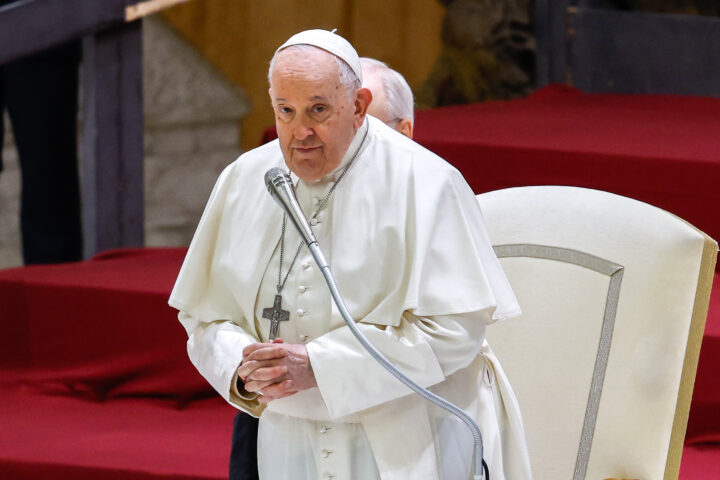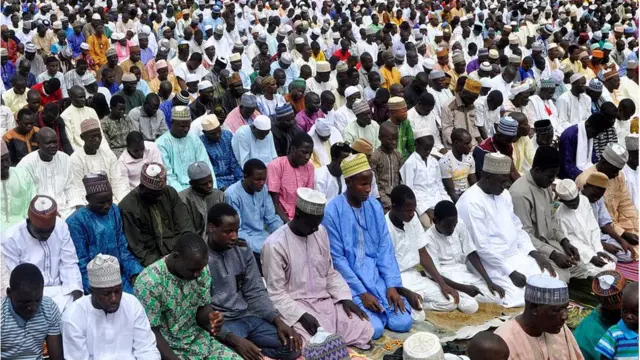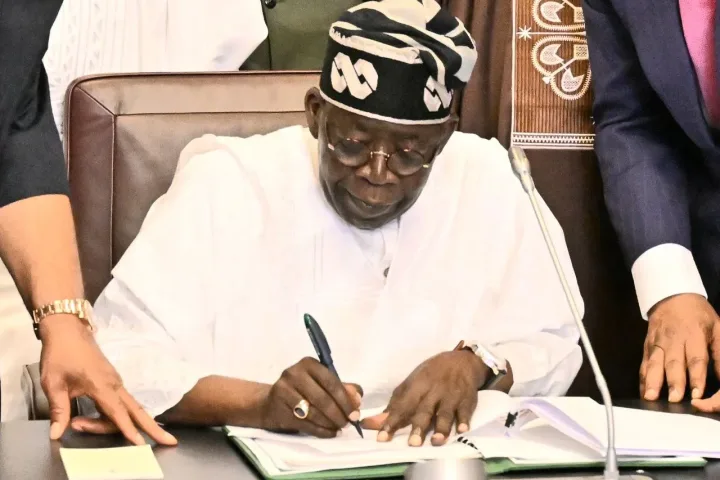By Izuchukwu Okosi
Join our WhatsApp Channel
The Anambra governorship election was held in the 21 local government areas of the state on Saturday and Sunday.
With the results of 20 of the 21 local government areas already released by the Independent National Electoral Commission (INEC), Professor Chukwuma Soludo of the All Progressives Grand Alliance (APGA) is in comfortable lead.
INEC-ordered supplementary election continues on Tuesday, October 9, 2021 in Ihiala LGA, where election could not hold over the weekend. Below are five important deductions from the Anambra governorship Election “fever.”
1. ‘Dots’ Make Complete Lines and Circles: The Global Village* Anambra Election Is ‘Not Anambra’s Business Alone’.
Nigeria’s off-season governorship election in Anambra has become one of the most trending news in the world-wide web, with vaulting hashtags in lavish competition.
Many local and international observers are keen to observe the approach, conduct of voters, regulator as well as the outcomes of peaceful exercise.
This serves as good opportunity to weigh Nigeria’s preparedness for the general elections in 2023.
The success or failure of the Anambra gubernatorial election would be a pointer to Nigeria’s readiness, or otherwise, for the 2023 polls.
Therefore, it was not just an Anambra business as every politically inclined Nigerian irrespective of tribe or religious beliefs is interested what happens in the southeast state of Anambra.
2. IPOB, Traditional Rulers, Clergy, Nzuko Umunna, Others Are Real Heroes
The Indigenous People of Biafra (IPOB), Traditional rulers, the Clergy (bishops and priests) and Igbo socio-cultural organisations, especially the Nzuko Umunna, played major roles in ensuring that the Anambra gubernatorial election became a success at last.
These groups intervened and prevailed on IPOB not to disrupt the conduct of the election amid a susbsisting sit-at-home order over the arrest of their leader Mazi Nnamdi Kanu by the Nigerian government.
The move appeared to have weakened the argument that the IPOB is a terrorist organisation and served to remind the Muhammadu Buhari-led government that the movement only desires equity and fairness as they call for the release of their leader as well as other members held in correctional centers.
3. Politicians, Candidates Can Remain Civil During Campaigns, Election
Before now, there has been a particular way known to be the approach of political office-seeking individuals during campaigns: The public tiff and verbal insults, which were the common themes in electioneering periods.
Happily, the #AnambraDecides2021 missed these and the process became better for it.
Politicians were known to lack decorum and respect for each other during campaign seasons. Anambra beat that.
Respect is reciprocal and politics should not be a do-or-die affair if, indeed, it is about service to state or country.
Thankfully, the Anambra gubernatorial candidates conducted themselves in an admirable way.
They were involved in several media debates ahead of the election.
Specifically, they took part in Prime Business Africa’s SEEDS Special Edition on October 30, 2021, which tasked the candidates on their agenda for Security and Economic advancement for Anambra State.
The candidates used the opportunity to speak to Ndi Anambra and the rest of the world of what they would do regarding the key areas of governance, especially Security and Economy.
4. Interest In Elections Must Be Backed By Civic Action
The good people of Anambra came out to express their civic responsibilities on Saturday and Sunday but the turnout remained low as always.
This is notwithstanding the viral engagement on the subject, the debates, the social engagements and the animated emotions around the election itself.
Some of the young and the aged were out at different polling units to vote for their preferred candidates, but barely 20 percent of eligible voters actually cast their votes.
Anambranians still have faith in the integrity of some aspiring leaders but this did not translate to improved voting numbers.
About 22 percent voted in the last election.
5. Technology Must Be Improved In Subsequent Elections
The technological glitches experienced on Saturday culminated in several people being defranchised.
The BVAS did not capture the faces and thumbprints of many voters who had to defy the elements to come out and vote.
There should have been ‘mock election’ preceding the real thing to test run the gadgets. Ultimately electronic voting is the ideal model for today’s (not the future) elections.
It is also the solution to election malpractices and other challenges. People should be able to vote at their convenience, as this is the global practice.
Izuchukwu Okosi is a Nigerian sports and entertainment journalist with two decades of experience in the media industry having begun his media journey in 2002 as an intern at Mundial Sports International (MSI) and Africa Independent Television (AIT), owners of Daar Communications Plc.



















Follow Us